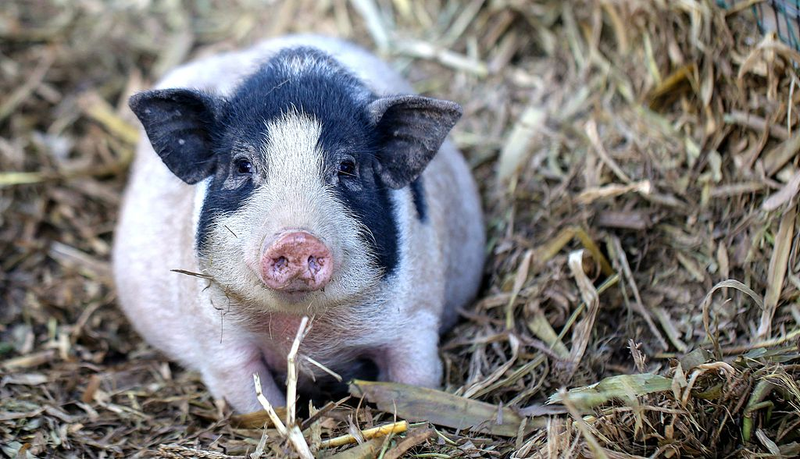A team in the Chinese mainland has achieved a medical first: the transplantation of a gene-edited pig lung into a human body, aiming to tackle the global shortage of donor organs.
Led by Professor He Jianxing at the First Affiliated Hospital of Guangzhou Medical University, the study was published in Nature Medicine. The procedure transplanted the left lung of a gene-edited Bama miniature pig into a brain-dead recipient, simulating a standard single-lung transplant.
Thanks to six precise gene edits designed to reduce immune rejection, the transplanted lung maintained ventilation and gas exchange for nine days without signs of hyperacute rejection or infection.
"As global demand for organ transplantation continues to grow, xenotransplantation offers a potential solution to donor shortages," said Professor He Jianxing.
The research team is now fine-tuning genetic editing and anti-rejection protocols. They are also testing a novel "tubeless" ventilation system to reduce lung strain during recovery and improve long-term outcomes.
The trial complied with national laws, regulations, and multiple ethics board approvals. The recipient had been declared brain-dead following a severe injury, and the family provided full consent. At their request, the study concluded on day nine.
Lung xenotransplantation remains one of medicine's toughest challenges due to the organ's delicate structure and constant exposure to the air. This breakthrough builds on last year's gene-edited pig liver transplant, reinforcing the Chinese mainland's pioneering role in this emerging field.
For young global citizens, entrepreneurs, and thought leaders tracking the future of biotech, this milestone offers a glimpse into how gene editing and innovative clinical models could reshape organ donation and save lives worldwide.
Reference(s):
World's first gene-edited pig lung transplanted into human body
cgtn.com




